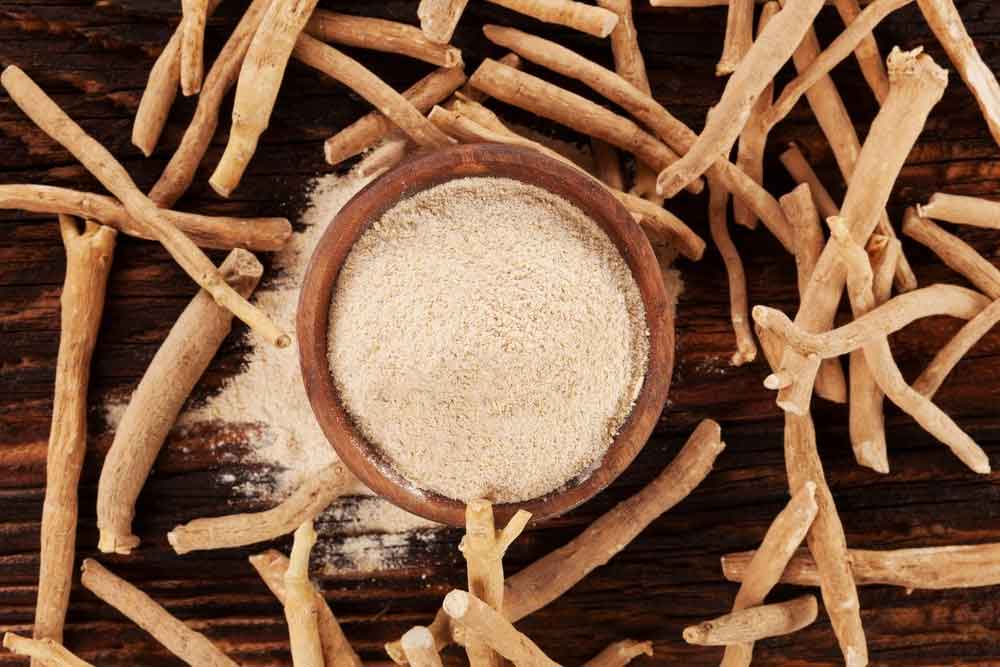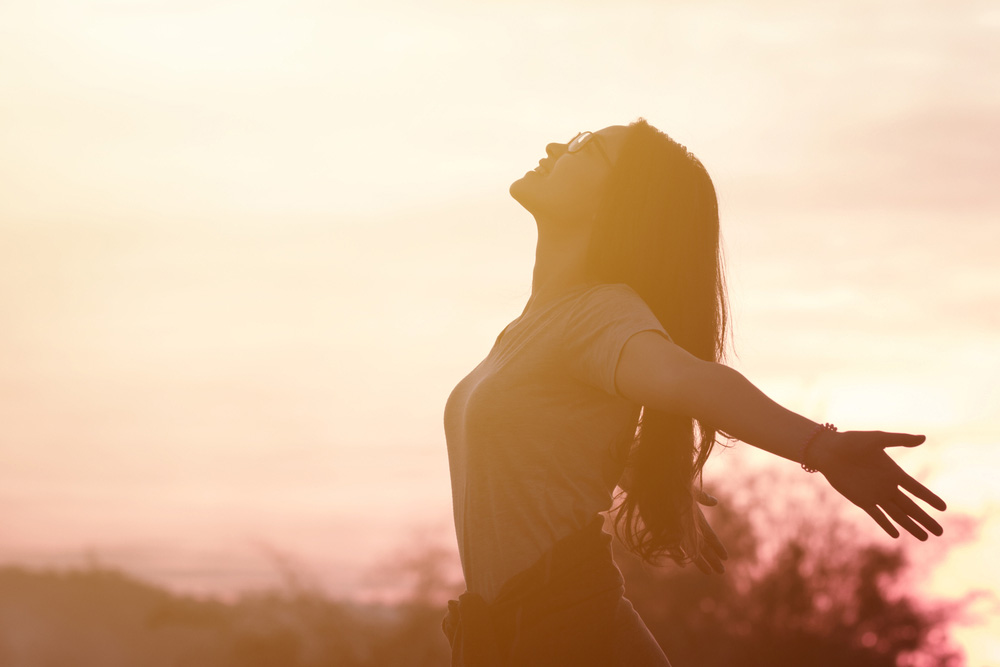Is Ashwagandha Good For Anxiety?

What Is Ashwagandha?
You could have heard of ashwagandha if you mentioned any issues like sleeplessness, stress or worry, exhaustion, hormone issues, or other issues. This perennial plant is also known as winter cherry, poison gooseberry, and Indian ginseng. The ashwagandha plant, which is indigenous to Southern Asia, is grown in the arid areas of Yemen, Sri Lanka, Pakistan, India, and China. It appears like a little green flower and bears fruit that ranges in color from orange to crimson. The herb ashwagandha belongs to the nightshade family of plants, which also contains potatoes, tomatoes, and eggplants.
The term ashwagandha, which means "the smell of a horse" in Sanskrit, accurately describes the herb's earthy aroma. This medicinal plant truly has a horse-like scent to it. Ashwagandha has several health benefits, but in Ayurveda, it is said to give you horse-like strength. Strength, longevity, and sexual function improve. Recent studies have examined ashwagandha's remarkable benefits. This involves battling free radical damage and degenerative diseases. Ashwagandha affects anxiety and mental health conditions.

How Does Anxiety Alter Our Day-To-Day Activities?
Everyone has anxiety at some time in their lives. Daily anxiousness isn't good. Anxiety increases respiration, heart rate, and cerebral blood flow. This is part of the fight-or-flight response, which our ancient ancestors also experienced, albeit their anxiety triggers were different.
Any symptom, including anxiety, may occur. Watch out for a racing heart, restlessness, tension in the body, trembling, muscle twitching, irritability, insomnia, concentration issues, excessive worrying, racing thoughts, fatigue, avoiding anxiety triggers, hyperventilation that can lead to a panic attack, digestive problems, stomach upset, and an intense sense of foreboding, doom, or danger.
What Dietary Supplements Might Lower Stress?
Some nutrients may help you manage stress, even if there is no way to eliminate it from your life completely. Magnesium, ashwagandha, vitamin D, melatonin, vitamin 3, omega-3 fatty acids, and other supplements may significantly reduce our everyday stress. A significant improvement may be made by taking a supplement like the best ashwagandha for anxiety, which has advantages including improving sleep and soothing mental storms.
Is Ashwagandha Good for Anxiety?
Ashwagandha is also referred to be an apoptogenic herb, which means that it aids in the body's ability to adapt to mental and physical stress. This is a fantastic herb to use during times of high emotional stress and after strenuous exercise since stress may weaken your immune system. The best ashwagandha for anxiety is also said to be a tonic that strengthens the immune system and aids in healing both during and after sickness. The best ashwagandha supplements for anxiety is often suggested as a remedy for sleeplessness and anxiety since it is thought to have a relaxing impact on the nervous system. The best ashwagandha for anxiety is used by certain medical professionals to treat some types of dementia. The adrenal glands, which produce certain hormones in reaction to physical and mental stress, are also supported by ashwagandha.
Best Ashwagandha Supplements for Anxiety
The Ayurvedic herb ashwagandha is referred to as the king of herbs. The best ashwagandha supplements for anxiety is well-recognized for lowering anxiety and tension. More studies have corroborated these results, and it may also slightly improve a variety of athletic abilities, raise testosterone levels, and improve reproductive health. According to several research, the best ashwagandha supplements for anxiety may help reduce stress and anxiety. In a short trial with 58 individuals, those who consumed either 250 or 600 mg of the best ashwagandha for anxiety extract daily for eight weeks had considerably lower perceived stress and cortisol levels than those who consumed a placebo.
How Can Ashwagandha Lessen the Negative Effects of Stress and Insomnia?
The apparent explanation for this is that stress and anxiety often cause restlessness and tossing and turning as your mind generates excessive, irrational ideas. The circadian clock, blood sugar levels, neurotransmitter synthesis, stress hormone production, and the body's energy reserve may all be negatively impacted by anxiety. The best ashwagandha for anxiety acts to replenish the body's energy stores so that it can naturally sedate itself. Once the body has been under strain for too long, adrenal burnout and stress-related tiredness may occur. This may result in positive effects on mood, energy, and stress levels. The best ashwagandha for anxiety may result in more energy and better sleep, both of which contribute to feelings of calmness.
Ashwagandha and Depression: Is Ashwagandha Good for Depression?
Depression affects a person's career, relationships, family, and everyday life and makes them feel depressed. It might be challenging to attempt to overcome depression without the aid of medication or treatment. The best ashwagandha supplements for anxiety is one herbal medicine that has recently gained popularity. It has been suggested that ashwagandha may be used to treat depression. As a reliable natural remedy that consistently lowers cortisol levels, the best ashwagandha for anxiety may be useful to those who are somewhat anxious.
Is Ashwagandha Safe for You?
The nightshade family of herbs includes ashwagandha. The best ashwagandha for anxiety may not be right for you if you have allergies to other nightshade plants. Before using the best ashwagandha supplement for anxiety, speaking with a holistic healthcare provider with experience in botanical pharmacology is crucial since it may interact with other herbs and prescription drugs.

What Dosage of Ashwagandha Should You Take to Treat Anxiety?
Consistent dosage is essential since stressful conditions might arise at any moment. As the best ashwagandha for anxiety won't make you drowsy and is safe to take at any time of day, morning, noon, or night; try to take it twice daily after eating, possibly after breakfast and after dinner.






